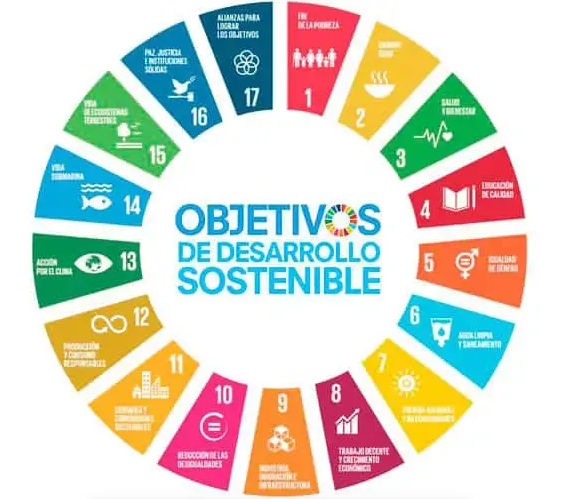Did you know that a sustainable proactive policy can be a great competitive advantage for your business? In this article we explain how responsible consumption can improve your marketing strategy and increase your reputational capital. In addition, we show you some examples of successful companies in Spain that have made a commitment to sustainability and a positive impact on the environment.
Responsible consumption is an increasingly widespread trend among consumers, who are looking for products and services that respect the natural and social environment and contribute to improving people’s quality of life. According to a Nielsen study, 66% of Spanish consumers are willing to pay more for sustainable products, and 73% say sustainability is an important factor when choosing a brand.
This means that companies that adopt a proactive sustainable policy have an opportunity to differentiate themselves from the competition and build customer loyalty, while at the same time having a positive impact on the environment and society. In addition, sustainability can enhance brand image and reputation, which translates into higher perceived value and greater consumer trust.
An example of a company that has taken advantage of the benefits of responsible consumption is a leading supermarket chain in Spain, which has developed a business model based on corporate social responsibility, including actions such as the use of renewable energies, the reduction of waste and emissions, the promotion of stable and quality employment, and support for local suppliers. Thanks to this policy, the chain has achieved a high level of customer satisfaction and loyalty, as well as social and media recognition.
If you want to follow the example of these companies and take advantage of the benefits of sustainability, we invite you to contact us and we will help you design a proactive sustainable policy adapted to your needs.
But first, you may be wondering: how can I measure the impact of my sustainable policy?
For this purpose, there are different indicators and tools that allow you to evaluate the environmental and social performance of your business, as well as the return on investment in sustainability. Some examples are: ecological footprint, carbon footprint, life cycle analysis, or corporate social responsibility reports.
These tools will help you identify areas for improvement, set goals and action plans, communicate your achievements and strengths, and demonstrate your commitment to the planet and people.






